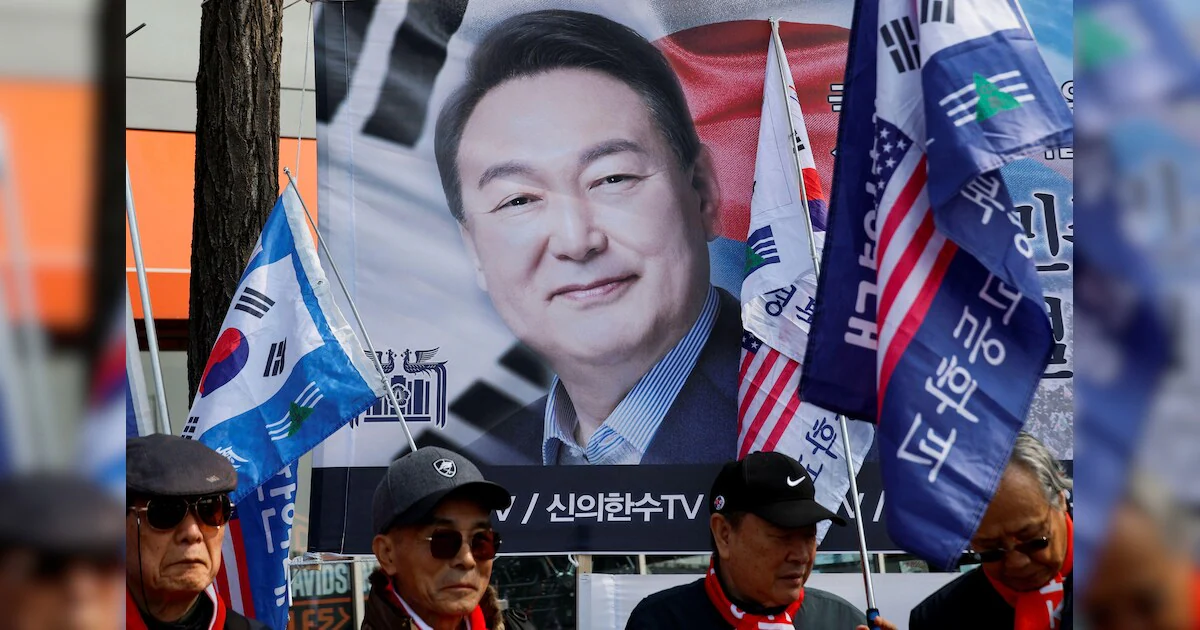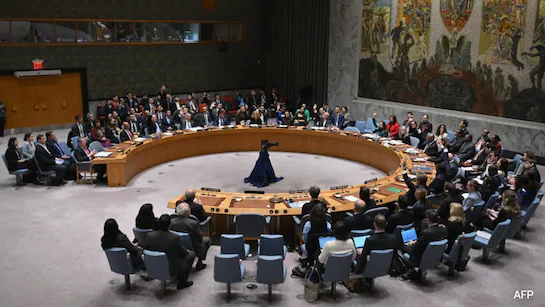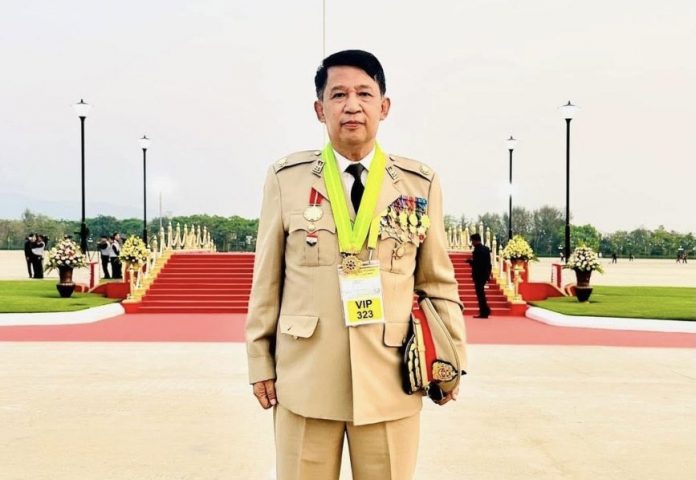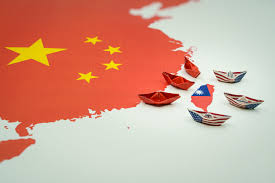South Korea gears up for pivotal snap presidential election amid political turmoil

NEW DELHI: South Korea is poised to hold a critical snap presidential election on June 3, 2025, following the impeachment and removal of President Yoon Suk Yeol. The election, originally scheduled for 2027, was expedited after Yoon's controversial declaration of martial law in December 2024 led to his ousting.
Background: A Nation in Crisis
On December 3, 2024, President Yoon declared martial law, deploying military forces to block lawmakers from entering the National Assembly. This unprecedented move was met with swift backlash, leading to his impeachment by the National Assembly on December 14. The Constitutional Court upheld the impeachment on April 4, 2025, resulting in Yoon's removal from office and a mandate to hold a new election within 60 days.
Key Candidates: Diverging Visions for South Korea
The snap election features three prominent candidates, each presenting distinct visions for the nation's future:
-
Lee Jae-myung (Democratic Party): A former Gyeonggi Province governor and the liberal frontrunner, Lee has positioned himself as a reformist leader aiming to restore political stability. He has proposed constitutional amendments to prevent future abuses of power, including requiring parliamentary approval within 24 hours for any declaration of martial law. Lee emphasizes economic growth, national unity, and a balanced foreign policy approach.
-
Kim Moon-soo (People Power Party): Once a leftist labor activist, Kim has evolved into a conservative figure advocating for strong national security and economic development. He criticizes Lee's policies as overly conciliatory and positions himself as a unifying candidate capable of steering the country through its current challenges.
-
Lee Jun-seok (Reform Party): The youngest candidate and a former leader of the People Power Party, Lee appeals to younger voters with his centrist and reformist agenda. He focuses on technological innovation and political transparency, aiming to disrupt the traditional two-party dominance.
Campaign Climate: Scandals and High Voter Engagement
The election campaign has been marred by personal attacks and scandals, overshadowing policy debates. Controversies include allegations of luxury gifts received by former President Yoon's wife and disputes over judicial impartiality. Despite the negative campaigning, early voting has seen record turnout, with 25.8% of eligible voters casting ballots by midday on the first day.
Implications: A Turning Point for South Korea
This election is seen as a referendum on South Korea's democratic resilience and its future direction. The outcome will influence the nation's approach to governance, civil liberties, and international relations. With public trust in political institutions at stake, the new president will face the formidable task of uniting a polarized society and steering the country toward stability and progress.










